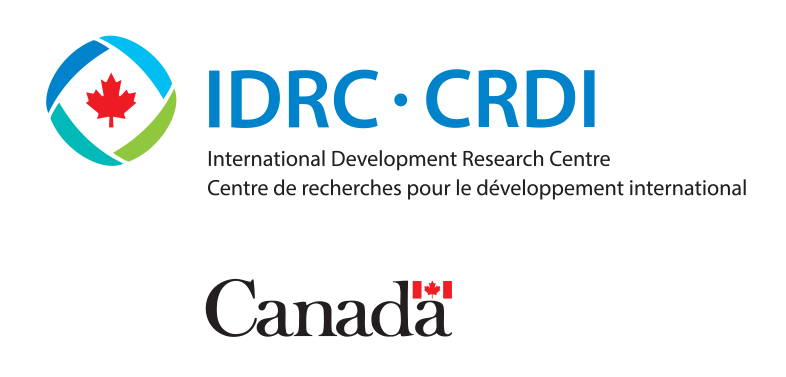
Moving Beyond GDP Through Comprehensive Wealth
Findings for Ethiopia, Indonesia, and Trinidad and Tobago
There is a growing agreement among global leaders that countries must move beyond GDP as their primary measure of progress. A new IISD report developed with academic partners in Ethiopia, Indonesia, and Trinidad and Tobago shows how "comprehensive wealth" can complement GDP while measuring what matters most to people and the planet.
-
In Trinidad and Tobago, an overreliance on fossil fuels resulted in steadily declining comprehensive wealth from 2008 to 2020. This unsustainable trend led to a significant drop in the country's well-being beginning in 2013.
-
In a trend that runs counter to expectations, Indonesia actually created less well-being per unit of wealth in 2020 than it did in 1995.
-
Ethiopia should consider reorienting its produced capital investments away from manufacturing and into modern farming methods and equipment to better grow its wealth.
There is a growing agreement among global leaders that countries must move beyond GDP as their primary measure of progress. A new IISD report developed with academic partners in Ethiopia, Indonesia, and Trinidad and Tobago shows how “comprehensive wealth” can complement GDP while measuring what matters most to people and the planet.
Comprehensive wealth focuses on the portfolio of assets that make income possible: natural, human, social, produced, and financial capital. As a means of moving beyond GDP, comprehensive wealth has much to offer. Like GDP, it is concise. Just a few high-level indicators can measure a country’s comprehensive wealth portfolio. It is also robust, resting on theory and practice stretching back more than a century. Finally, it is relevant to well-being across all its dimensions—economic, social, and environmental.
This report compiles comprehensive wealth data from 1995–2020 primarily using national data sources for three countries at differing levels of development—Ethiopia, Indonesia, and Trinidad and Tobago—and reveals insights into their development paths. Regrettably, none of these insights are obvious when GDP is the primary gauge of national success.
The authors argue that the citizens of these countries—indeed, of all countries—would be better off if their governments compiled comprehensive wealth measures and used them, alongside GDP, to guide decision making. This would help ensure a greater focus on ensuring long-term well-being.
You might also be interested in
The Urgency and Complexity of Moving Beyond GDP
Efforts to explore how the portfolio of capitals that make up Comprehensive Wealth—financial capital, produced capital, natural capital, human capital, and social capital—can give policymakers insights into how their policies build wealth for their countries in the long run.
Comprehensive Wealth in Ethiopia
Ethiopia has made progress in expanding its comprehensive wealth despite social, economic, and environmental challenges—but there is room for growth.
Comprehensive Wealth in Trinidad and Tobago
The compilation of comprehensive wealth measures for Trinidad and Tobago from 1995 to 2020 reveals unsettling trends that GDP keeps invisible.
Comprehensive Wealth in Indonesia
A comprehensive wealth report for Indonesia reveals aspects of the country's development that are invisible through the lens of GDP growth alone.
